Cracking the JEE (Joint Entrance Examination) is a desire for millions of Indian students. The extremely competitive entrance test demands thorough preparation, clear conceptual clarity, and regular practice. Perhaps the most significant choice that the aspirants have to make is when to prepare for it. While many students start preparing for the JEE from Class 12 or even thereafter, beginning preparation in Class 11 provides several benefits that can considerably improve your chances of success.
If you are planning for JEE 2026 or later, beginning in Class 11 can provide you with the ideal head start. Let us see why starting early can be beneficial.
1. More Time to Build Strong Concepts
The JEE syllabus is extensive, spanning topics from Physics, Chemistry, and Mathematics within two years. By beginning in Class 11, students have enough time to understand basic concepts and reinforce their knowledge. As Class 11 topics are the building blocks of Class 12, early initiation guarantees students learn at a consistent rate without any pressure.
2. Better Understanding of Class 11 and 12 Syllabus
Most JEE aspirants struggle as they do not give enough time to topics and try to rush through them. If you begin early, you can synchronize your JEE preparation with your school syllabus so that it becomes easy to understand tricky topics. As the JEE syllabus is directly linked to NCERT books, preparing in tandem with school topics assists in both board exams and JEE.
3. Reduced Pressure in Class 12
Class 12 is also a very important class with board examinations, practicals, and preparation for JEE simultaneously. By starting Class 11 earlier, you get time to complete the bulk of the syllabus before Class 11 ends. With this strategy, in Class 12 you need not concentrate on learning anything new under time constraint but you can revise efficiently, practice hard questions, and sit for mocks instead.
4. More Time for Practice and Mock Tests
JEE is not about knowing concepts; it’s about effectively applying them while solving problems. Early initiation provides you with the comfort of time to practice thousands of questions, have regular mock tests, and review your errors. This is a habit that improves speed, accuracy, and time management – all essential for cracking JEE.
5. Stronger Problem-Solving Skills
Competitive tests such as JEE demand logical thinking, analytical reasoning, and rapid decision-making. When you begin from Class 11, you have sufficient time to build these skills step by step. Rather than memorizing formulas, you can create a deeper understanding of why and how something occurs, that is required to solve sticky problems in JEE Advanced.
6. Systematic Revision and Multiple Revisions
Revision is important to maintain concepts. Early start enables students to revise 3-4 times so that they don’t forget what they have studied months ago. By the time JEE comes, properly prepared students would have revised their syllabus at least 3-4 times, which would provide them with an added advantage over late starters.
7. Flexibility to Improve Weak Areas
If you begin preparation from Class 11, you can spot your areas of weakness well in time. This provides you with sufficient time to improve them, take guidance, and develop them before arriving at Class 12. Late learners tend to find it difficult to balance learning on one hand and overcoming weaknesses on the other due to a lack of time.
8. Confidence Boost and Stress Reduction
JEE preparation need not be frustrating, particularly once students know that they have a lot to accomplish in short durations. Beginning right from Class 11 distributes the burden across two years, allowing the journey to be easier. As you work through topics at your own pace, confidence gathers, and your anxiety regarding the impending exam eases.
9. Parallel Preparation for Olympiads and Other Competitive Exams
Such early starters can even prepare for other elite exams like Olympiads (Maths, Physics, Chemistry), NTSE, KVPY, and NDA, which apart from increasing knowledge, also enhance their problem-solving style. Doing well in such exams gives one further motivation and self-confidence in appearing for JEE.
10. Stronger Board Exam Performance
Many students worry that JEE preparation may negatively impact their board exam performance, but the opposite is true if preparation is well-planned. Since JEE concepts overlap significantly with the CBSE syllabus, students who start early can prepare for both simultaneously, leading to better scores in board exams as well.
11. Better Time Management Skills
Early initiation makes students learn to utilize their time wisely. Coupled with school, coaching, self-practice, and relaxation to strike a balance, students learn to have a structured routine that turns out to be a priceless life lesson. Good time management allows you to get through the syllabus without getting exhausted.
12. Access to the Best Resources and Guidance
Early start provides students with the benefit of leveraging quality material like NCERT books, reference books, online coaching sites, and study material. Apart from this, they also have additional time to engage with mentors, raise doubts, and get advice from experts, which is important in influencing their strategy of preparation.
How to Make the Most of Your Early Start?
Now that we have understood the advantages of an early start, let’s get onto how to best utilize this phase:
- Adopt a Systematic Study Schedule – Study concepts methodically without leaving basics behind.
- Grasp NCERT Books Prior – Establish strong roots before proceeding to advanced books such as H.C. Verma, I.E. Irodov (Physics), R.D. Sharma (Mathematics), and Morrison & Boyd (Chemistry).
- Practice Regularly – Practice previous year’s JEE questions, daily practice problems, and sectional tests.
- Clear Your Doubts Immediately – Never keep things unclear; get help from teachers, mentors, or online forums.
- Take Mock Tests Frequently – Practice in simulated actual exam conditions to enhance speed and accuracy.
- Stay Consistent and Motivated – Do not procrastinate and remain committed to your goal.
Conclusion
Commencement of JEE preparation in Class 11 is one of the wisest choices that a candidate can ever make. It offers sufficient time to grasp concepts, solve problems, practice numerous times, and gain confidence before the final examination.
Students who start early in their preparation are able to manage their school syllabus, board exams, and JEE preparation without getting stressed or anxious. If you follow a planned schedule and remain consistent, you can increase your chances of getting a top rank in JEE 2026 and getting admitted to a high-profile IIT or NIT.
If you’re in Class 11 and aiming for JEE, start today, stay focused, and keep practicing! The journey may be challenging, but with dedication and perseverance, success is within your reach!
FAQs
Q1. Is Class 11 too early to start JEE preparation?
Ans: No, starting in Class 11 is ideal. It provides enough time to cover the syllabus thoroughly and practice problem-solving techniques.
Q2. Can I prepare for JEE on my own without coaching?
Ans: Yes, self-study has helped many students crack JEE. But correct guidance, quality study material, and regular practice are a must.
Q3. How many hours should I study in Class 11 for JEE preparation?
Ans: Ideally, 5-6 hours of dedicated study (apart from school time) is sufficient to keep track.
Q4. Should I focus on boards or JEE in Class 11?
Ans: Both are significant. As JEE syllabus is common with CBSE, balancing both can make you score well in both the exams.
Q5. What should I do if I feel demotivated during JEE preparation?
Ans: Take short breaks, discuss with mentors, form a study group, and recall why you embarked on this journey. Consistency and determination are the keys!





